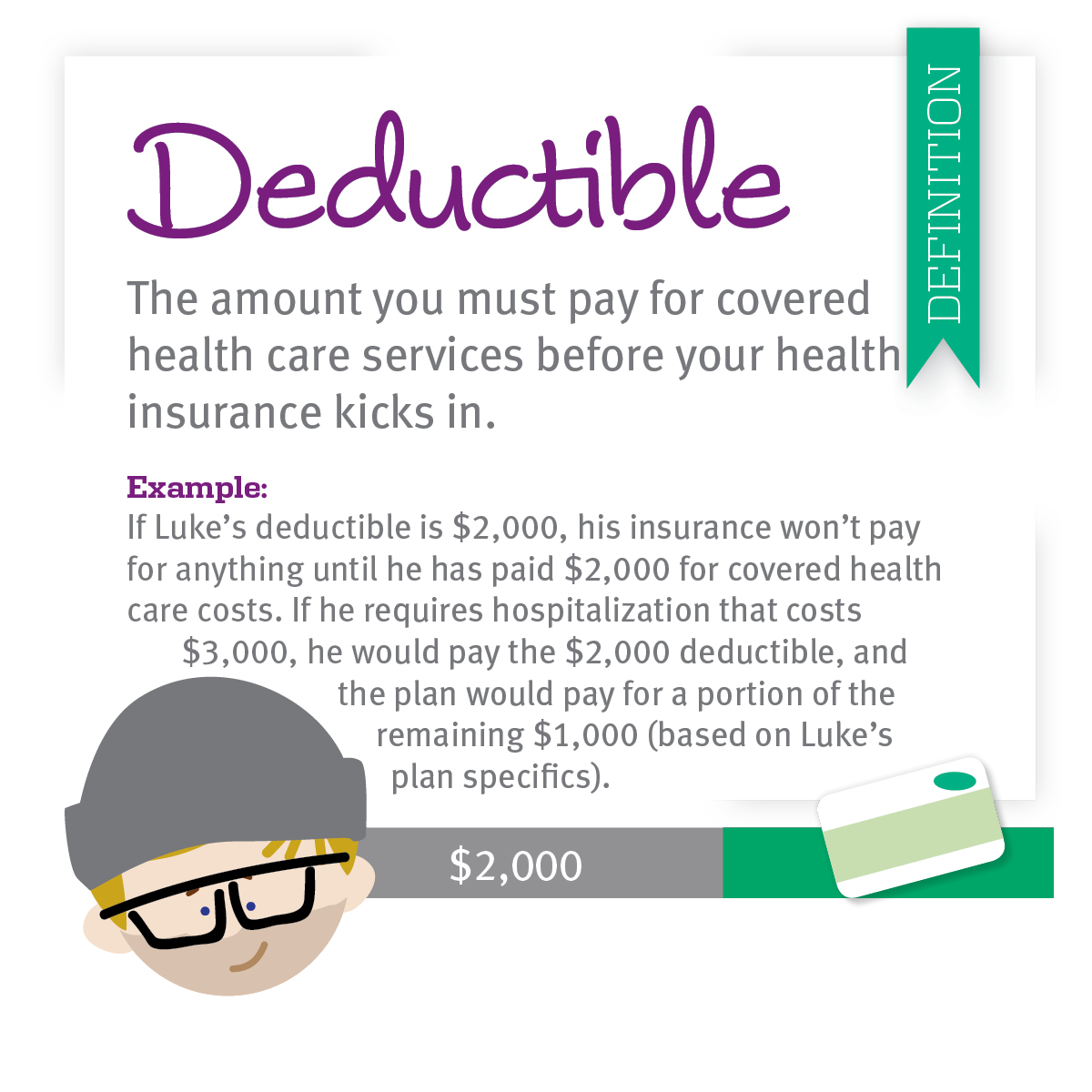Copay Meaning In Health Insurance
Due to medical inflation and the rising cost of healthcare services, the number of people buying health insurance policy has risen significantly today. However, though a lot of people might assume that all medical expenses are covered by health insurance, there are few times or few expenses that are not covered under it. And policyholders have to pay for them from their own pocket. There are several reasons for which this can happen; two of them being copayment or deductible clauses mentioned in their policy.
In this blog, we will tell you what these two terms mean and what is the difference between them.
What is a co-payment clause?

Co-payment are times where the insurance companies pay a part of the claim and the other part of the claim is borne by the policyholder.
For example, senior citizen policies often come with co-payment clauses, let’s understand why. Suppose you buy a senior citizen policy for your mother who has a pre-existing illness. Now, different health insurance policies treat it differently. Usually for pre-existing illnesses, insurance companies put a waiting period, a hibernation period during which you cannot claim insurance for that particular illness, for upto three to four years. But for senior citizen policies, the waiting period is usually low, and sometimes there is no waiting period at all. Instead of waiting periods, the insurance company puts a co-payment clause. That is, in case the policyholder is hospitalised, the insurance company bears a part of the cost, and the policyholder pays a part of it.
Copay is a consumer payment for a medical service. The consumer usually pays it at the time the service provider performs their part. It is usually a fixed fee such as a $20 copay for an office visit. The insurance companies often set the copay to represent a small portion of the true cost of a benefit or service. The term health insurance co-pay is generally used interchangeably with co-insurance. The primary difference between co-pay and co-insurance is that under co-insurance, the insurer and the insured enter into an agreement where each party agrees to pay a percentage of the total cost.
It is important to note that the premium amount is lower for insurance policies with co-pay clauses as compared to the ones without copay clauses.
What are deductibles?

Deductible is the amount of money that you agree to pay (as per the term and condition) during the claim process.
For example, if you have a deductible clause of Rs 5,000 in your insurance policy, you have to pay this amount, whether the claim amount is Rs 10,000 or Rs 1 lakh. And the rest of the expenses are borne by the insurance company. Deductibles are included in health policies to discourage policyholders to make repeated or very small claims.
Like policies with co-payment clauses, the premium amount for policies with deductible clauses are also lower than the once without deductible clause. .
How co-payment and deductible are different from each other?

Health Insurance Co Pays
Policyholders often get confused between co-payment and deductible because both require them to make payment during the claim process. But these two clauses are completely different from each other. Deductible is a fixed amount, like Rs 5,000 or Rs 10,000, that you are required to pay before the claim process arises. The rest is covered by the insurance company if the amount is within the coverage limit.
Meanwhile, in case of a policy with the copayment clause, you will have to bear a portion of the expenses in a 70/30, 40/60 or 80/20 etc. ratio.This ratio is decided between the insurance company and the insurance company and the policyholder.
Definition Health Insurance
/how-does-health-insurance-work-f7aa9125e51f4f6698b38789ff3929c3.png)
Let’s suppose you have an insurance plan with a co-pay structure of 70/30. Now, in case the bill amount is Rs 1 lakh, the insurance company will pay Rs 70,000 and you pay Rs 30,000.
Medical Insurance Knowledge Test

Bottom Line
To avoid confusion about these things and make the claim process smooth, it is important to read the policy paper carefully. Look for the terms and conditions that are stated in it. Learning about such clauses beforehand will help you plan the expenses earlier, rather coming to know about them during the time of payment process.
